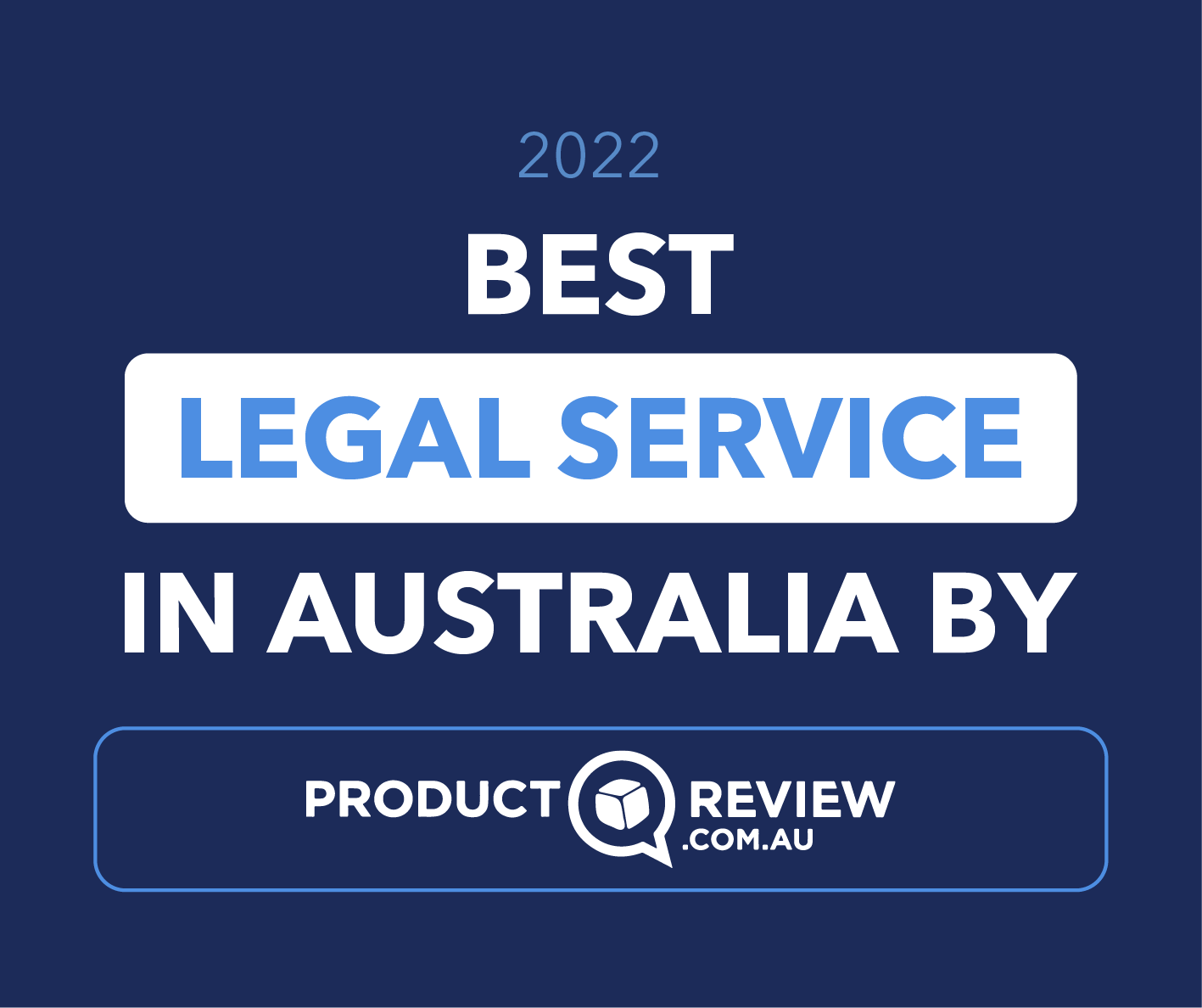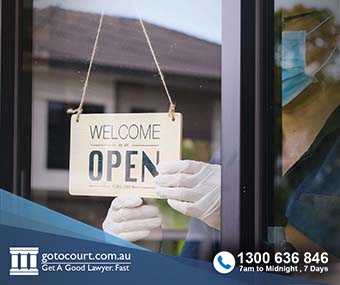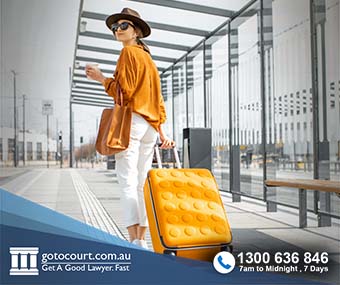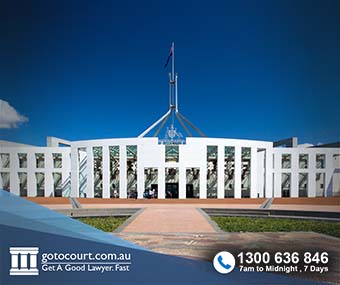Call our lawyers
now
or,
have our lawyers
call you
High Court Rules Against Anti-Abortion Activists
Updated on Apr 09, 2019 • 4 min read • 198 views • Copy Link
High Court Rules Against Anti-Abortion Activists
The High Court today handed down its decision in respect of two anti-abortion activists who challenged the constitutionality of laws restricting behaviour within safe access zones in Victoria and Tasmania. Kathleen Clubb of Melbourne and Graham Preston of Hobart, challenged fines they received for protesting within the no protest zones around medical clinics offering abortion services. The plaintiffs argued that they were exercising their implied constitutional right to freedom of political communication, which guarantees freedom of communication in political matters, and that the laws prohibiting such behaviour within safe access zones were invalid.
What is the implied right to freedom of political communication?
Australia does not have a Bill of Rights. However, some human rights protections exist within the Australian Constitution.
The existence of an implied right to freedom of political communication in the Australian constitution was established by two 1992 cases. In both cases, the High Court ruled that because the Constitution provides for the direct election of individuals to the Federal Parliament, freedom of political communication is essential to allow people to make political judgments and vote effectively.
Therefore, the Constitution implicitly guarantees freedom of communication in all political matters and laws that restrict this freedom are unconstitutional.
Kathleen Clubb
Kathleen Clubb was found guilty of a criminal offence after trying to hand a pamphlet to a couple outside a Melbourne clinic in 2016. She was the first person to be prosecuted after the passage of Victorian laws creating safe access zones around clinics offering abortion services. She was fined $5,000.
Graham Preston
Graham Preston was charged with three offences relating to anti-abortion protests in Hobart in 2014 and 2015. He was apprehended within the no protest zone holding placards that read ‘Every child has the right to life’ and ‘Everyone has the right to life’. He was fined $3000.
Both Clubb and Preston argued that the laws against protesting within safe access zones were unconstitutional, as they restricted the right to freedom of political communication.
The High Court’s decision
The Commonwealth Government and all state governments as well as the NT government intervened in the High Court case. They argued that the anti-abortion activists did not have a political message and that even if the right to freedom of political communication had been affected, the need to protect women seeking a termination was greater.
The High Court bench unanimously ruled against the plaintiffs. Three of the judges said that the purpose of the safe access zones outweighed freedom of speech concerns, with the Chief Justice stating, ‘The burden on political communication imposed by the protest zones is slight…it does so only within access zones and without discriminating between sources of protest.’
Response to the decision
The Human Rights Law Centre, an intervenor in the High Court case, welcomed the decision, with a spokesperson saying that it acknowledged the importance of privacy and safety and equality in accessing healthcare. Medical staff also expressed relief at the decision.
Mr Preston denied the protests of anti-abortion activists were moral rather than political, saying the two could not be separated. He called it ‘a very sad day for all of Australia.’
The Australian Christian Lobby said the outcome was disappointing.
What does the decision mean?
The decision means that the Victorian and Tasmanian laws prohibiting certain behaviour within safety zones around abortion clinics are valid. Prohibited behaviour includes harassment, intimidation and communication that is likely to cause distress or anxiety to persons entering or leaving a clinic and the filming of such persons without their consent. Anti-abortion activists who participate in such behaviour face criminal charges and steep penalties.
The decision also means that states that have not yet legislated for safe access zones (South Australia and Western Australia) may now proceed to do so.
If you require legal advice or representation in any legal matter please contact Go To Court Lawyers.

Affordable Lawyers
Our Go To Court Lawyers will assist you in all areas of law. We specialise in providing legal advice urgently – at the time when you need it most. If you need a lawyer right now, today, we can help you – no matter where you are in Australia.How It Works











1. You speak directly to a lawyer
When you call the Go To Court Legal Hotline, you will be connected directly to a lawyer, every time.


2. Get your legal situation assessed
We determine the best way forward in your legal matter, free of charge. If you want to go ahead and book a face-to-face appointment, we will connect you with a specialist in your local area.


3. We arrange everything as needed
If you want to go ahead and book a fact-to-face appointment, we will connect you with a specialist in your local area no matter where you are and even at very short notice.












